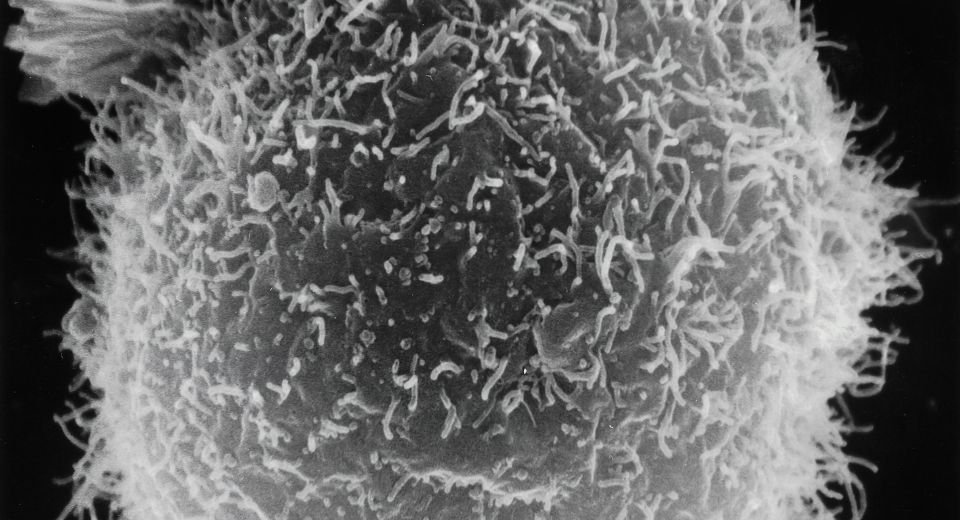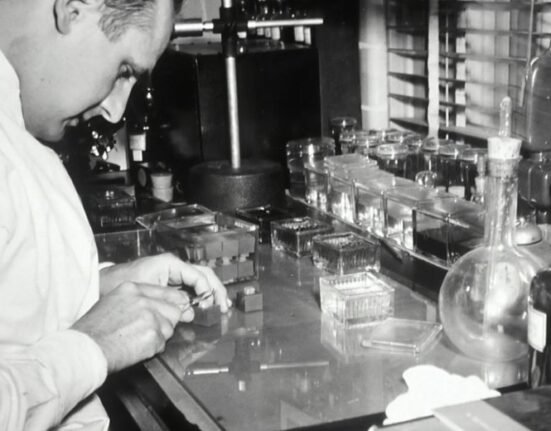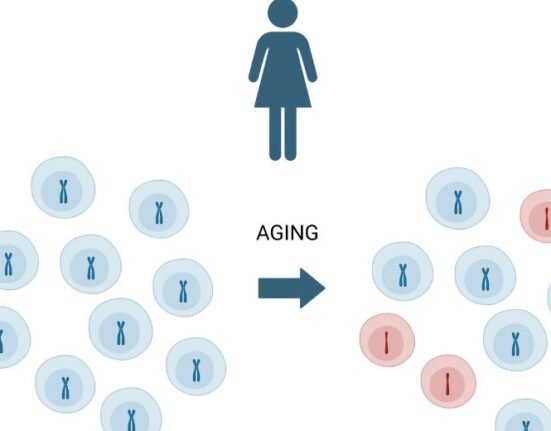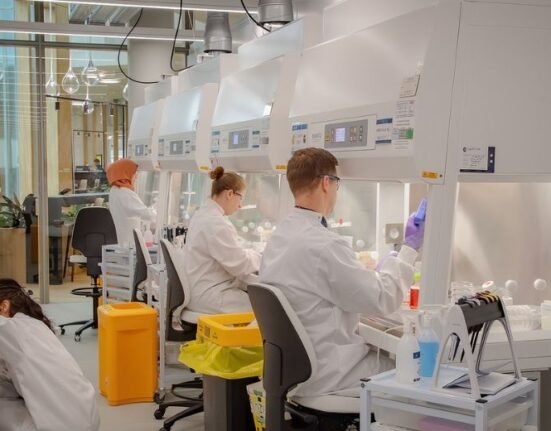HQ Team
January 8, 2024: Merck & Co., will acquire Harpoon Therapeutics, Inc., for $680 million to expand its cancer drug portfolio — a transaction expected to close by the middle of this year.
Harpoon, a clinical-stage immunotherapy company, has developed a portfolio of novel T-cell engagers that employ the company’s protein technology to direct a patient’s immune cells to kill tumor cells.
The South San Francisco-based company plans to create a therapeutic T-cell engager that is designed to remain inactive until it reaches the tumour. Harpoon’s experimental candidate HPN328 is being evaluated in certain patients with small-cell lung cancer and neuroendocrine tumours.
T-cells are a type of white blood cell called lymphocytes. They help the human immune system fight germs and protect from diseases. Cytotoxic T-cells destroy infected cells. Helper T-cells send signals that direct other immune cells to fight infection.
Merck, through a subsidiary, will acquire all outstanding shares of Harpoon Therapeutics, Inc. for $23.00 in cash. Harpoon’s shares closed on January 5 at $10.55.
New therapy candidates
“At Merck, we continue to enhance our oncology pipeline through strategic acquisitions that complement our current portfolio and advance breakthrough science to help address the needs of people with cancer worldwide,” said Dr Dean Y. Li, president, of Merck Research Laboratories.
Harpoon will “further evaluate HPN328 in innovative combinations with other pipeline candidates.”
Additional pipeline candidates include HPN217 targeting B-cell maturation antigen, currently in Phase 1 clinical development for the treatment of patients with relapsed or refractory multiple myeloma.
Others include several preclinical stage candidates, including HPN601, a conditionally activated targeting epithelial cell adhesion molecule (EpCAM) for the treatment of certain patients with EpCAM-expressing tumours.
In March 2022, the US Food and Drug Administration granted Orphan Drug Designation to HPN328 for the treatment of small-cell lung cancer.
“As part of our focus on cancer, Merck is committed to exploring the potential of immuno-oncology with one of the largest development programs in the industry across more than 30 tumour types.
“We also continue to strengthen our portfolio through strategic acquisitions and are prioritising the development of several promising oncology candidates with the potential to improve the treatment of advanced cancers,” according to a Merck statement.








